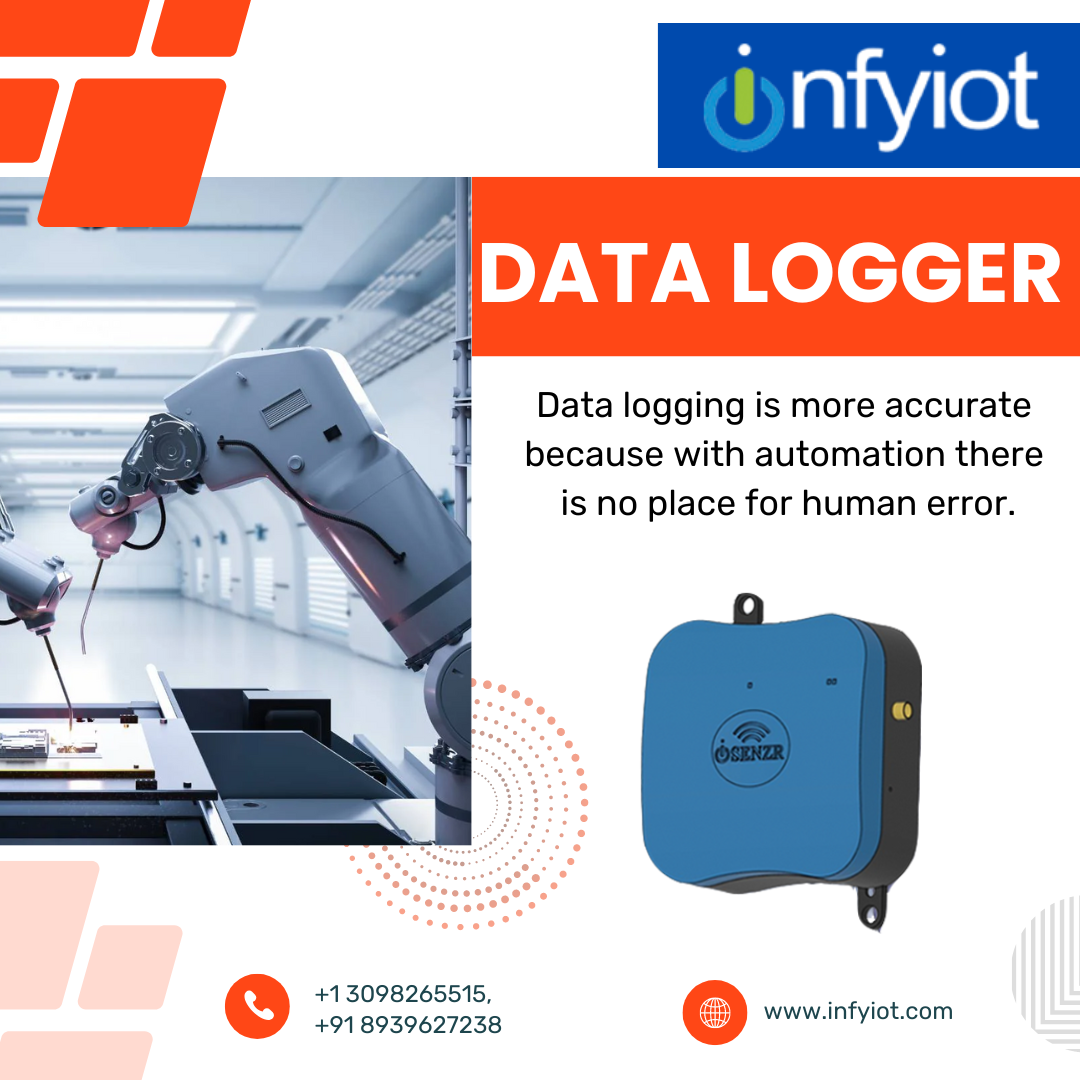Choosing the Right Data Logger for Your Application: A Comprehensive Review


In today’s data-driven world, the importance of accurate data collection and analysis cannot be overstated. Whether you are conducting scientific research, monitoring environmental conditions, tracking industrial processes, or managing assets, having a reliable data logging system is crucial for obtaining valuable insights and making informed decisions. However, with the myriad of data loggers available in the market, finding the right one for your specific application can be overwhelming. In this comprehensive review, we’ll explore the key factors to consider when choosing a Data Logger and highlight some of the best options available.
Understanding Data Loggers:
Before diving into the selection process, let’s understand what a data logger is. A data logger is a device designed to record and store data over time. It typically includes sensors to measure various parameters such as temperature, humidity, pressure, voltage, current, and more. The collected data can then be retrieved and analyzed either directly from the device or via compatible software.
Key Factors to Consider:
Application Requirements: The first step in choosing the right Data Logger is to clearly define your application’s requirements. Consider the type of data you need to measure, the environmental conditions in which the data logger will be deployed, the required accuracy and resolution, the frequency of data collection, and the desired method of data retrieval.
Sensor Compatibility: Ensure that the data logger you choose is compatible with the sensors required for your application. Some data loggers come with built-in sensors, while others allow you to connect external sensors for more flexibility.
Measurement Range and Accuracy: Check the measurement range and accuracy specifications of the data logger. Depending on your application, you may require a wide measurement range or high accuracy to capture critical data.
Data Storage Capacity: Consider the data storage capacity of the data logger. If your application involves long-term data collection, you’ll need a device with sufficient memory to store all the data.
Power Source and Battery Life: Evaluate the power source of the data logger, whether it uses replaceable batteries, rechargeable batteries, or external power. The battery life is essential, especially for remote or unmanned applications.
Data Retrieval Options: Look into the methods of data retrieval offered by the data logger. Some loggers allow data access via USB, Bluetooth, Wi-Fi, or cloud-based solutions. Choose one that aligns with your data retrieval preferences and ease of use.
User Interface and Software: Consider the data logger’s user interface and the accompanying software for configuration, data visualization, and analysis. User-friendly software can significantly impact your experience in managing and interpreting the collected data.
Durability and Enclosure: If your application involves harsh environments or outdoor use, ensure that the Data Logger is housed in a rugged and weather-resistant enclosure to protect it from physical damage and environmental factors.
Conclusion:
Selecting the right data logger for your application is a crucial step toward ensuring accurate data collection and analysis. By considering the application requirements, sensor compatibility, measurement accuracy, data storage capacity, power source, data retrieval options, user interface, and durability, you can narrow down your choices and find the perfect data logger for your needs.
Remember to thoroughly research different brands and models, read reviews, and, if possible, consult with experts in the field to make an informed decision. A well-chosen Data Logger will not only provide reliable data but also streamline your data management processes and enhance the success of your project or operations.
Find Infyiot Solutions at Tamarai IT Park, Thiru Vi Ka Industrial Estate, Guindy, Chennai-600032 or call us at +918610984802 or +919941188477 and browse https://infyiot.com/ to know more details.
Also read: Enhancing Network Security with a Gateway Device: Best Practices
Comments
Post a Comment